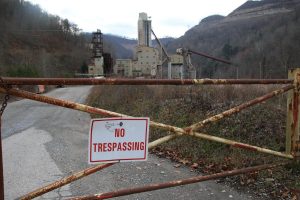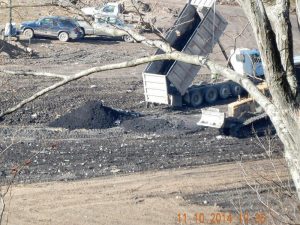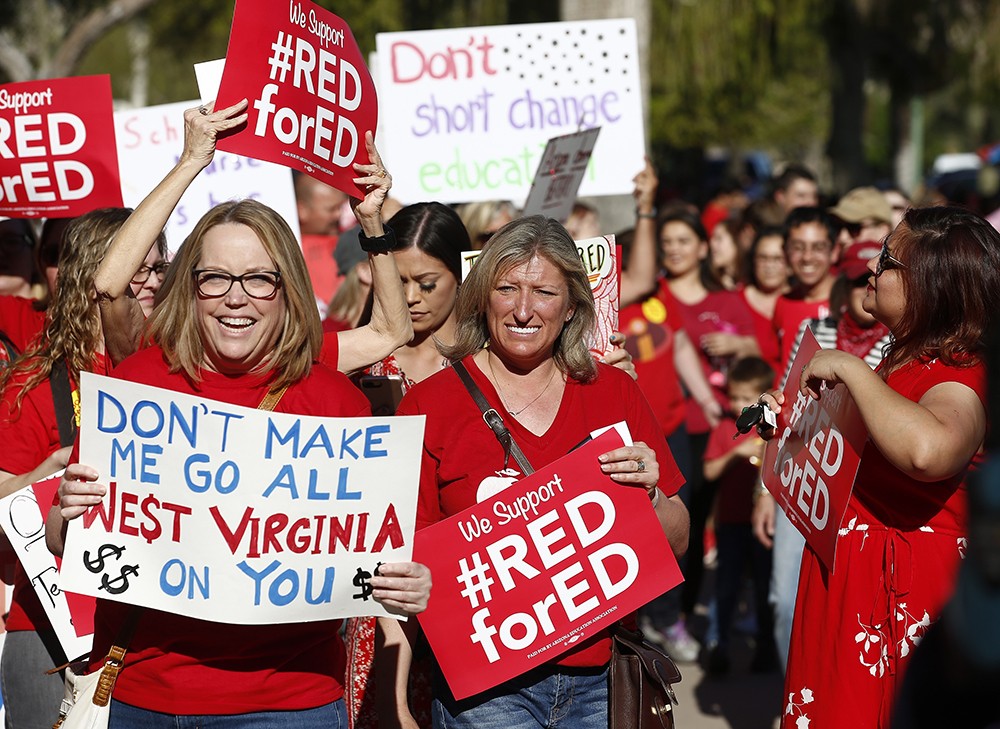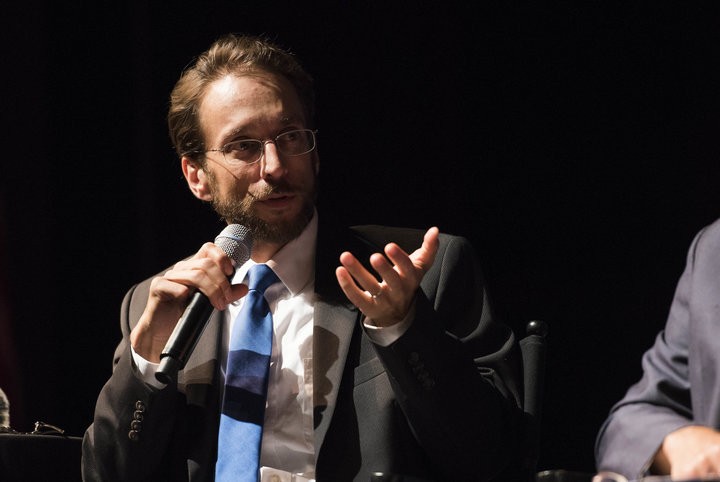This week on Inside Appalachia, we’ll learn more about how our reliance on coal and other extractive industries have affected our region’s economy.
One example is land ownership. Historically, coal and timber companies have owned a large amount of the land in central Appalachia. But as reporter Gwynn Guilford told us in a recent interview: “Those people don’t have any stake in the communities there. They don’t have any reason to reinvest in the human capitol and public services and goods.”
We’ll hear more from Guilford’s interview and how abandoned mines still threaten the environment and water supply.
Also, what can Appalachia learn from post-coal economies out West? We’ll talk with a reporter in Colorado about how former coal communities are trying to rebuild their local economies.
“They can live relatively cheaply compared with our urban areas,” said Kate Schimel, who lives in Paonia, Colorado. “There are trails or restaurants that can be really appealing to young people. And in a few towns out West, that has really turned into young families coming and staying.” Schimel is a reporter with High Country Newsand has reported on economic development in post-coal communities for the Solutions Journalism Network.
The decline of the steel industry devastated Pittsburgh’s economy, but the Rust Belt city seems to be making an economic comeback. We’ll learn how Pittsburgh is faring now after finally shedding its 14-year status as a “financially distressed” city, a designation that allowed the state to step in and manage its finances. But as WESA-FM’s Margaret J. Krauss reports, some wonder if the city will be able to pay its bills without the state’s support.

“They can live relatively cheaply compared with our urban areas,” said Kate Schimel, who lives in Paonia, Colorado. “There are trails or restaurants that can be really appealing to young people. And in a few towns out West, that has really turned into young families coming and staying.” Schimel is a reporter with High Country Newsand has reported on economic development in post-coal communities for the Solutions Journalism Network.
The decline of the steel industry devastated Pittsburgh’s economy, but the Rust Belt city seems to be making an economic comeback. We’ll learn how Pittsburgh is faring now after finally shedding its 14-year status as a “financially distressed” city, a designation that allowed the state to step in and manage its finances. But as WESA-FM’s Margaret J. Krauss reports, some wonder if the city will be able to pay its bills without the state’s support.
We’ll also hear from New York University law professor Philip Alston, a United Nations scholar who reports on places with pervasive poverty, such as Haiti, south Asia and central Africa. Shortly after his trip to Appalachia last year, he spoke with NPR’s Kelly McEvers about his upcoming report on how the United States treats its most vulnerable people.
And the Ohio Valley Resource’s Mary Meehan will explain the threat of radioactive waste from hydraulic fracturing — and how the federal government isn’t monitoring it as closely as it should.

Photo credit Bill Hughes.
Host Jessica Lilly will close the episode with a question. “Are we destined to make the same mistakes with the natural gas industry that we did with coal? Coal did put food on the tables of many families, but did it also create the foundation for extreme poverty?”
Want more? Here are links to more stories to some of the topics mentioned in this episode, including the West Virginia Mine Wars, and absentee land ownership.
Inside Appalachia is produced by Jessica Lilly and Roxy Todd. Our executive producer is Jesse Wright. Ibby Caputo edited our show this week. Our audio mixer is Patrick Stephens. Molly Born is our web editor. You can find us online on Twitter @InAppalachia.



